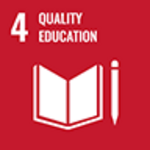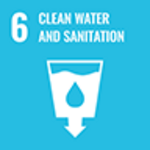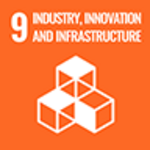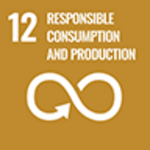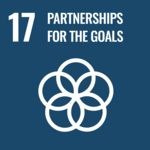
Hokkaido University, which aims to contribute to solving global issues through cooperation and collaboration with people from various countries, regions, and organizations, has implemented three programs since 2012: the PARE program, offered in cooperation with universities in Indonesia and Thailand, the RJE3 program, offered in cooperation with universities in Russia, and the STSI program, offered in cooperation with universities in India. These programs aim to develop human resources who contribute to achieving sustainable societies under the theme of resolving issues each country faces.
Hokkaido University has been actively working on sustainability while taking advantage of the characteristics of each program and has finally merged the three programs into one program—OGGs (One program for Global Goals)—to enable students to learn comprehensively about sustainability. The OGGs Program starts in April 2022.
Features of the OGGs Program
- Students can comprehensively learn about issues related to sustainable development, growth, and society and solutions from basic to advanced, with students from overseas partner universities.
- The OGGs Program provides three courses: PARE (Indonesia and Thailand), RJE3 Northern Region (Planned), and STSI (India).
- The OGGs Program consists of a “Basic Program” for students in a masterʼs degree program and an “Advanced Program” for students in a doctoral degree program.
- The OGGs Program incorporates a teaching method called project-based learning or problem-based learning (PBL). PBL aims to develop oneʼs ability to combine diverse knowledge through group work to solve problems that have no correct answers. Students must participate proactively in an “SDGs Seminar” as the PBL Subject, one of the subjects in the Basic Program conducted jointly in the three courses.
- All lectures and exercises are conducted in English. Students are also tested on their competence to communicate in English spoken with different cultures: Indonesian, Thai, Russian, Indian, and Japanese.
- A curriculum map shows the skills (competencies) a student is expected to acquire in each subject (refer the OGGs website). In addition, the OGGs Program introduces an assessment method such as Rubric method that allows students to understand the degree to which they have achieved each ability.
- According to the skills acquired and programs completed, students will be awarded the “open badge.” This is a digital certificate of international standard. In addition, the open badge helps students demonstrate the skills they have acquired, as it can be displayed on their resumes or e-mails during job searches.
For more information, please click here(Go to OGGs website)


















